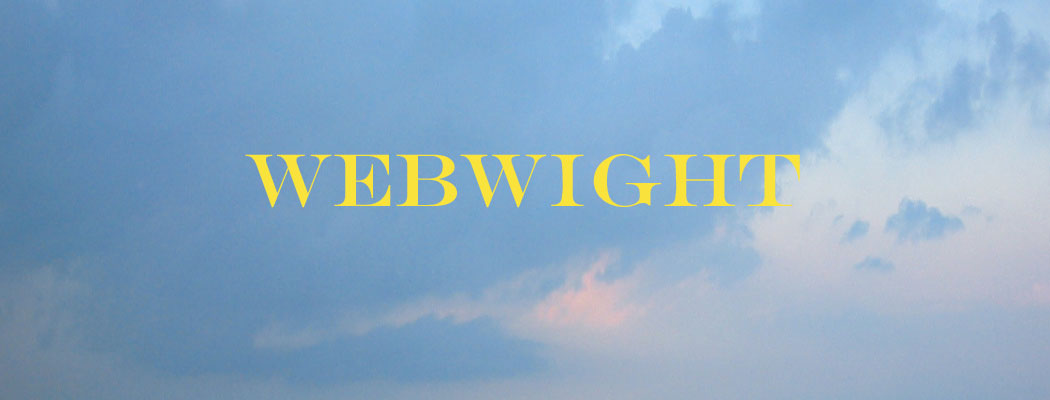Pages
Categories
Quote of the day
In a foreign language, without an interpreter, you say what you can say, not what you want to say.
In einer Fremdsprache - ohne Dolmetscher - sagt man das, was man sagen kann, und nicht das, was man sagen will.
Sorry, we're having trouble loading this Tumblr.




I enjoy your paper.and have translated it into Chinese
Thank you very much! 十分感谢您!
Thank you so much, Hunter! 萬份感謝 !
I like Xu Yuanchong’s translation, so it hurts a little bit to see that you disagree on his technique used in poetry translation. I wonder why rhythm shouldn’t be in poetry? Who do you think is a better translator in Chinese poetry? Forget about my grammar.
Hello Dou Dou,
As the article says, of course I don’t think rhythm and rhyme shouldn’t be used in poetry. But using them in translation is very tricky. And using them in translation when you’re not a native speaker is even more tricky. I think it’s hard for a Chinese-speaker to understand how ludicrous and undignified (荒唐可笑) these translations by Xu and others sound to native English speakers who love poetry. They resemble the doggerel I wrote when I was eight or nine years old. They give readers a terribly incorrect, silly impression of the great poets whose work they translate.
There are many good translators of Chinese poetry. My own favorites are Arthur Waley, Red Pine (赤松), David Hawkes, and Eileen Chow (who is a native Chinese speaker who writes perfect English). None of them try to rhyme in English.
Thank you for writing. I hope this article helps to explain why Xu’s kind of translation into English is a mistake.
Hello 司麗竹,Hello Prof. Huang,
Just now I read an article posted on xys.org
http://xys.org/xys/ebooks/others/science/dajia21/fanyi.txt
which was written by Julie and translated by Prof. Huang.
It is well written indeed, pointing out the hard truth seldomly indicated in Chinese world. Looking forward to seeing more and more beautiful essays and insightful articles here.